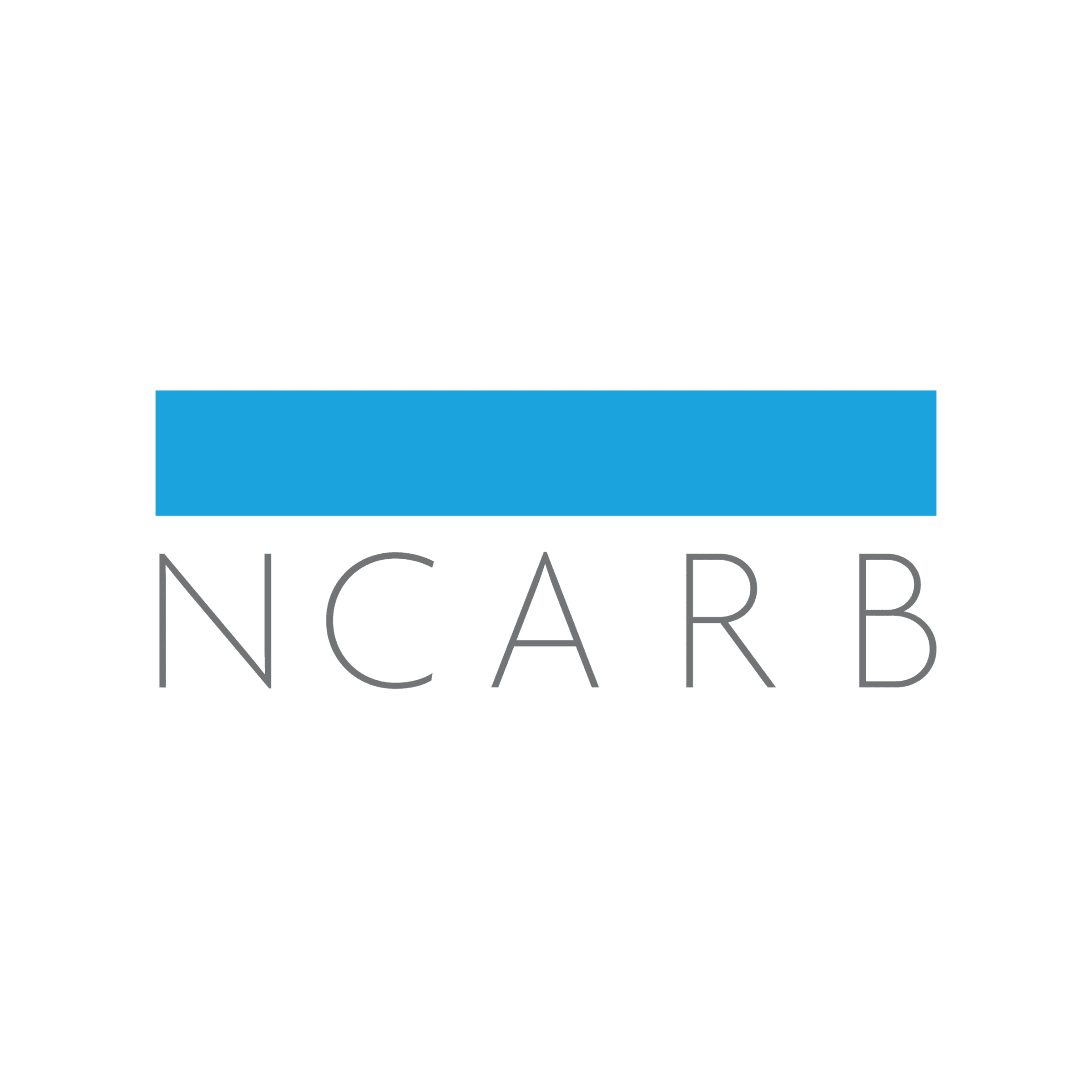About
The National Council of Architectural Registration Boards (NCARB) is a nonprofit organization dedicated to protecting public health, safety and welfare by supporting licensure and credentialing for architects. NCARB collaborates with 55 U.S. licensing boards to establish and uphold consistent standards for education, experience and examination, ensuring that architects are qualified to practice safely and effectively.
Mission
NCARB’s mission, in collaboration with licensing boards, is to facilitate the licensure and credentialing of architects to protect the health, safety and welfare of the public. The organization develops and administers the Architect Registration Examination®, oversees the Architectural Experience Program® and provides the NCARB Certificate, which helps architects obtain reciprocal licensure across jurisdictions.
Through research, advocacy and collaboration with licensing boards and industry partners, NCARB works to advance licensure policies that reflect the evolving profession while ensuring architects are equipped to design safe, sustainable and high-performing built environments.
Areas of Collaboration
CLARB and NCARB collaborate through multiple initiatives to support responsible licensure, promote regulatory best practices, and defend the public’s interest:
- Through the Interorganizational Council on Regulation (ICOR), CLARB and NCARB work alongside other regulatory organizations to harmonize policies, streamline licensure processes and reduce administrative barriers across design professions. This collaboration ensures consistent, competency-based licensure standards that support professional mobility while maintaining strong public protection.
- In addition, CLARB and NCARB are active participants in the Alliance for Responsible Professional Licensing (ARPL), advocating for fair, defensible and balanced licensure policies that uphold high standards for highly technical professions like landscape architecture and architecture.
- CLARB and NCARB also work closely together to support our shared member boards, providing guidance and resources to help navigate evolving licensure challenges, strengthen regulatory laws, and ensure that licensing remains accessible, transparent and aligned with public safety priorities.
